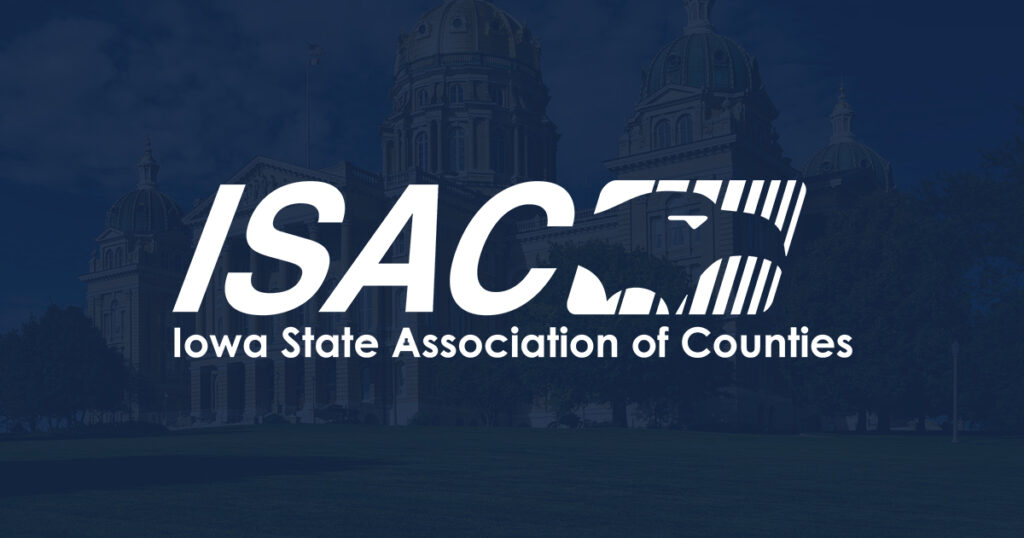NOTEBOOK: Grassley blasts EPA for new secrecy move

PERRY BEEMAN Jul 23, 2019 | 6:42 pm
2 min read time
587 wordsBusiness Record Insider, Government Policy and Law, The Insider NotebookThere’s an interesting fight brewing in Washington over what some consider an effort by U.S. Environmental Protection Agency Administrator Andrew Wheeler, a former coal industry lobbyist, to make one of the federal government’s least-open agencies even more secretive.
Iowa Sen. Chuck Grassley joined three colleagues — Democrats Patrick Leahy of Vermont and Dianne Feinstein of California and fellow Republican John Cornyn of Texas — to fire off a letter Monday basically saying Wheeler’s efforts to rewrite the agency’s Freedom of Information Act (FOIA) rules have been an effort to make the EPA less transparent. FOIA guides requests for public information generated with taxpayers’ money for the public’s benefit through public records. Ironically, Grassley also charges that the rule rewrite — which he and his colleagues suggest should not be the product of a political appointee in the first place — was accomplished without public input.
Grassley and the letter co-signers happen to be senior members of the Senate Judiciary Committee, which has exclusive jurisdiction over the Freedom of Information Act.
All of them opposed Wheeler’s move.
“While we appreciate the agency’s commitment to updating its regulations in response to recent FOIA amendments, the rule purports to make numerous changes to the EPA’s FOIA process that appear to run contrary to the letter and spirit of FOIA, thus undermining the American people’s right to access information from the EPA.”
The senators requested: “Given the potentially serious issues we have identified above, we urge you to reconsider your implementation of — or provide sufficient opportunity for public comment on — the “FOIA Regulations Update” final rule. At minimum, we urge you to at least provide additional transition time to ensure that the public and requesters are fully aware of the nature and impact of these policy changes. Thank you for your attention to this critical issue.”
Part of Wheeler’s rule states that political appointees such as him would “issue final determinations whether to release or withhold” documents in response to FOIA requests.” Grassley notes that FOIA specifically says that’s not the case — those decisions are to be made by staff trained to consider them.
Full disclosure: I am a former president of the nonprofit Society of Environmental Journalists, a professional journalism organization, which has taken the EPA to task for this move and others. I wrote columns questioning the EPA’s lack of openness following the Hurricane Katrina devastation in New Orleans and appeared on CNN via phone to discuss it.
This time around, the EPA sent out a news release contending that it noticed “several media outlets misrepresented EPA’s new FOIA regulation, and were forced to correct their misreporting. This new regulation brings the Agency into compliance with the Congressional amendments to FOIA from 2007, 2009, and 2016. Congress provided all federal departments and agencies until the end of 2016 to update their FOIA regulations. The Obama administration failed to meet this deadline.”
The EPA took a shot directly at SEJ, which is a professional organization that supports good journalism. “Yesterday, the Society of Environmental Journalists (SEJ), whose mission states that they strive to “strengthen the quality” of environmental journalism, sent a letter to EPA Administrator Andrew Wheeler which included numerous inaccuracies that were regurgitated from false articles,” it stated.
SEJ and others strongly disputed that the reporting was erroneous.
The EPA contended that it was not trying to slow information requests, did not violate federal rules, and was not trying to expand political appointees’ power over decisions that historically have fallen to staffers not subject to political appointment.









